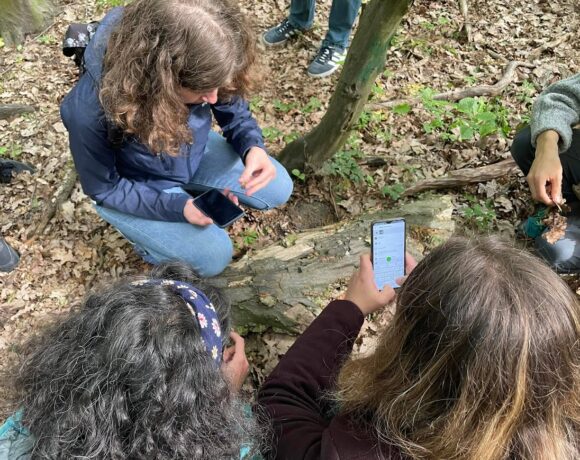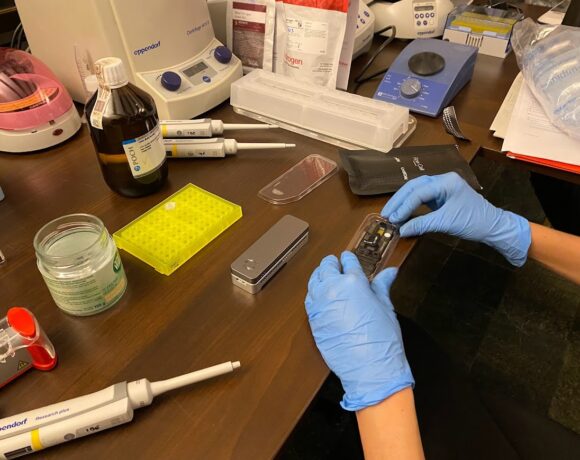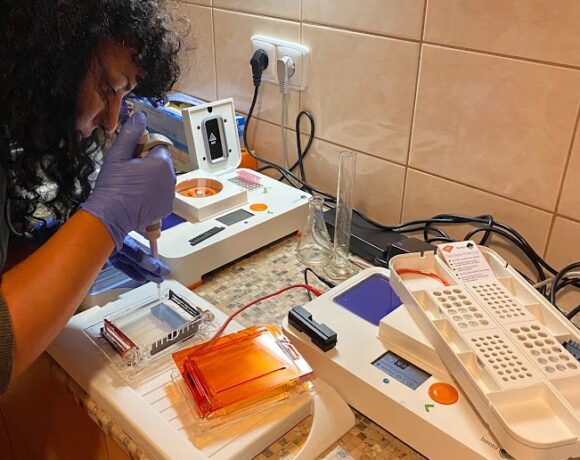Involving citizen scientists
Involving citizen scientists



Citizen science has always played an important role in mycological research. For centuries, some of the leading taxonomic experts in mycology did not have academic positions. Fungal ecologists and conservationists have also attempted to use fungal citizen science data to enrich professional monitoring that are usually limited because of taxon-specific phenology. Additionally, molecular techniques (including DNA barcoding) have become a standard in fungal research, but are usually not available to amateur mycologists, creating a growing lack of comparability of data originating from professional and non-academic mycologists. To close the gap, we will develop a pan-European collaboration network. We will provide access to DNA barcoding, standardized protocols, and training to everyone in order to increase the amount and quality of fungal biodiversity data available for research and monitoring.
Objectives
Discovery missions to complement structured fungal biodiversity monitoring. The discovery missions will consist of sampling campaigns involving citizen scientists and targeting specific taxa relevant for fungal conservation. Some of these campaigns will also be organized around localities used for environmental DNA (eDNA) sampling. Hereby we aim to explore to what extent citizen science can complement and expand structured sampling of fungal biodiversity.
Epitypication missions to obtain candidate material for typifying classical European fungal taxa without an existing type. Guided collecting efforts, targeting regions and habitats from where classical fungal taxa were described, will be performed, with the aim to obtain well documented collections, which can be sequenced to settle names of taxa that cannot be fixed due to lack of existing type material.
Field laboratories involving citizen scientists to generate DNA sequence data. The majority of specimens collected during the discovery missions will be barcoded in remote sequencing infrastructures, but to involve citizen scientists directly in the scientific process, we will set up field molecular laboratories during field sampling to involve participants in barcoding.
Explore motivation factors for participating in fungal citizen science across Europe. We will survey participants of fungal citizen science projects for their motivating factors to be involved. Different motivations and traditions among regions and countries in Europe likely contributed to sampling biases for fungal biodiversity across the continent.
